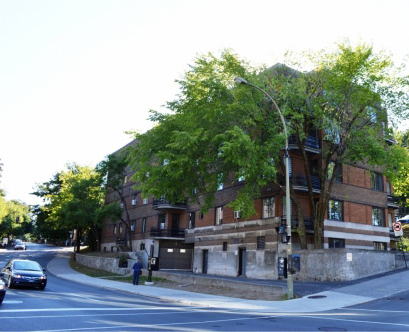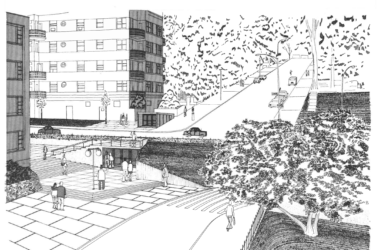The Social Equity and Diversity Education (SEDE) Office at McGill provides equity education across campus and beyond. Through equity training sessions, workshops, and advising services for students and faculty members, SEDE aims to serve the needs of marginalized voices on campus.
Founded in 2005 by Associate Director Veronica Amberg, SEDE once existed solely within the walls of a basement office in the Strathcona Anatomy and Dentistry building. It has since grown to staff seven full-time employees and a large number of student volunteers. To Shanice Yarde, equity educational advisor (Anti-Racism and Cultural Diversity) at SEDE, the office has grown to become an important part of campus, as conversations about oppression and equity increase in frequency and impact.
“There’s an energy that’s here right now,” Yarde said. “I think people are recognizing that we know there are problems and we just need a little support because we don’t really know what to do about it or how to fix them. And so, it’s really cool that people are tapping into SEDE for that support and that guidance.”
In February, SEDE launched the first-ever administrative-level programming for Black History Month. After arriving to her job at SEDE to discover that no formal celebration of the month existed on campus, Yarde seized the opportunity to pilot a month of events under the theme “Celebrating Black Excellence in All its Diversity.” Having only been with SEDE for one year, Yarde brought a fresh take to planning the event—in this case, this was an asset, rather than a hindrance.
“I feel really honoured and lucky to be able to come in with this fresh energy and to kind of take the lead on this,” Yarde said. “And to really create these spaces—not just for black people at McGill, but for people of all races to come and to learn and to engage with each other in ways that are meaningful. But then it was also really, really important to have spaces that were [reserved for] black people because that, again, just doesn’t ever happen on campus [….] Finding ways to really centre black people in my organizing was especially important when so many black people feel so isolated, and, in a lot of ways, just ignored at McGill.”
After receiving Senate approval on Feb. 15 to host annual programming for Black History Month, Yarde remains optimistic that her work will set the stage for more successful celebrations to come. Even so, the fact that this was the first time that an office within the McGill administration hosted a formal celebration of Black History Month demonstrates how black voices are often sidelined on campus.
“For me it was just a confirmation of the need and of the lack,” Yarde said. “[….] I think it really speaks to a really, really huge gap at McGill and across a lot of institutions [….] Just hearing all of the feedback from people has been overwhelming and just showing that people have been wanting this and have been waiting for this, and have also been demanding it in a lot of different ways.”
Beyond its programming for Black History Month, SEDE has made other important developments to better serve marginalized students on campus in recent months. Among them was the creation of the Community Projects Manager (Racialized and Ethnic Students)—whose role will be to serve the needs of racialized students on campus—using funding provided by the Sustainability Projects Fund (SPF). Further, SEDE recently launched Café Collab—a series of events that bring marginalized students and student service providers together to discuss ways to alter campus policies and institutions to better serve these students.
In its 12 years as an institution, SEDE has given a platform to students on campus whose voices are often ignored. Its recent programming for Black History Month is evidence of its perpetual innovation in this realm—a vote of confidence for continual improvement and expansion in the future.








